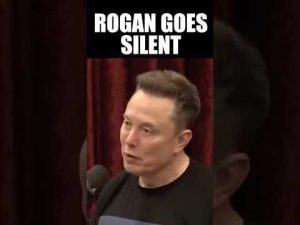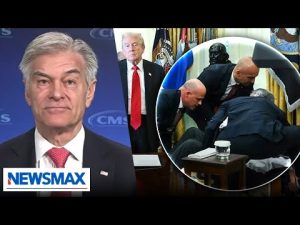In the whirlwind of today’s divisive politics, it seems like some of our journalists are more interested in creating drama than fostering understanding. Take the recent encounter between Katie Couric and Senator John Fetterman. Couric, in a stunningly transparent bid for a “gotcha moment,” tried to lure Fetterman into criticizing Charlie Kirk, the assassinated founder of Turning Point USA. Her attempt to stir the pot was not only unsuccessful but rather telling of the political climate we find ourselves in.
Fetterman, to his credit, refused to take the bait. Instead of using the opportunity to pile on criticisms of Kirk, Fetterman chose to stand firm on the principles of respect and decency. This was a refreshing move in a landscape often dominated by extremisms, where some believe loud rhetoric and polarizing statements earn them badges of honor. Fetterman’s restraint showed that despite disagreements, there is still room for basic human empathy.
On the other hand, Couric seemed to represent a growing trend on the left: the inability to treat opposing views with anything but disdain. One might wonder if she was sincerely surprised or a part of the job is to escalate tensions. It’s quite a spectacle to watch these professional stirrers feign discomfort at speech they don’t agree with, as though the point of speech was to pad our social bubble with cotton candy and rainbows. Free speech is crucial precisely because it allows for disagreement and discussion, not just the comfort of hearing only what we agree with.
Of course, some critics on the left were quick to claim Kirk’s rhetoric was at fault for his demise. This deeply problematic notion—one that implies words should be refrained when they make others uncomfortable—undermines the very foundation of free speech. If we must live in a society where one is liable for the emotional reactions of others, we would effectively be muzzled, unable to express any meaningful opinions.
Interestingly enough, Senator Fetterman’s health scare, mentioned in passing during the discussion, seemed to garner more genuine bipartisan concern. This slight departure into the realm of human decency is a bit of relief. Perhaps we can hold on to such moments as proof that, buried under the avalanche of political rubble, there is still a glimmer of shared humanity that unites us beyond partisan lines.
In the end, the message from this episode is clear: let’s not let couriers of chaos rattle our collective ability for respect and understanding. If politics needs anything, it’s fewer orchestrated “gotcha” moments and more candid, respectful conversations. Whether it’s media or individuals, realizing that disagreement shouldn’t preclude decency is the real victory.







